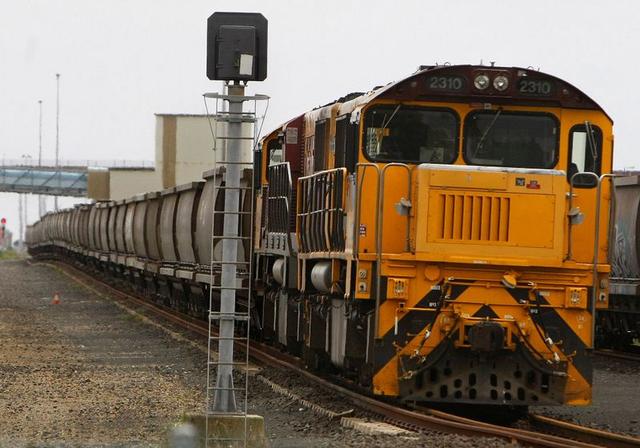
(Reuters) – Australian Prime Minister Scott Morrison said any shift by China away from imports of high quality Australian coal would be a “lose-lose” for the environment and trading relationship.
Chinese media outlets including The Global Times and Caixin on Monday reported China’s top economic planner had granted approval to power plants to import coal without clearance restrictions, except for Australia.
Australia on Tuesday urged China to clarify the reports, which it said would breach international trade rules if true.
Coal is the third biggest export from Australia, which has been embroiled in a worsening diplomatic dispute with its largest trading partner China. Beijing has imposed a series of trade reprisals after Canberra called for an international inquiry into the source of the coronavirus.
Australia’s prime minister said a shift by China away from Australian coal imports would be “a bad outcome for the environment”.
“It really is a lose-lose here because Australian coal, compared to that coal that is sourced from other countries, the other countries have 50% higher emissions than Australian coal,” Morrison told media on Tuesday.
Although A$4 billion of A$13 billion ($3 billion to $9.8 billion) in thermal coal exports went to China, it was not Australia’s largest customer, said Morrison, adding any restrictions on Australian coal would be in breach of World Trade Organisation (WTO) rules.
Shares of Australian pureplay coal exporters fell sharply. Shares of New Hope Corp Ltd and China-controlled Yancoal Australia Ltd were down 12% in morning trading, while shares of Whitehaven Coal Ltd were down 9%, against a slightly weaker overall market.
Diversified mining giant BHP Group Ltd, which has coal mining interests, was down 2.5%.
Trade Minister Simon Birmingham said there had been “a pattern of disruption” of Australian trade with China, and it was well documented vessels had been delayed in offloading Australian coal.
Australia has raised concerns at a WTO meeting about China taking measures against Australian barley, wine, meat, dairy, live seafood, logs, timber, coal and cotton.
Beijing’s opaque action in the resources sector involved “disruption through use of state influence with different companies”, Birmingham said on Tuesday.
Minerals Council Australia chief executive Tania Constable said the success of Australia and China’s trade in minerals relied on a “rules-based trade system”.
The council encouraged the “Australian and Chinese governments to work together to resolve these issues and restore stability to the long-term trading relationship,” she said in a statement.
The Chinese embassy last month outlined grievances about restrictions on Chinese investment in Australia, and criticism of China by Australian parliamentarians and the media.
Morrison said Australia was a liberal democracy and his government would not back down on these issues.
“If a perception emerges that there is a conflation between political issues and a trading relationship.. That can create a lot of uncertainty for many other trading partners,” he said.






